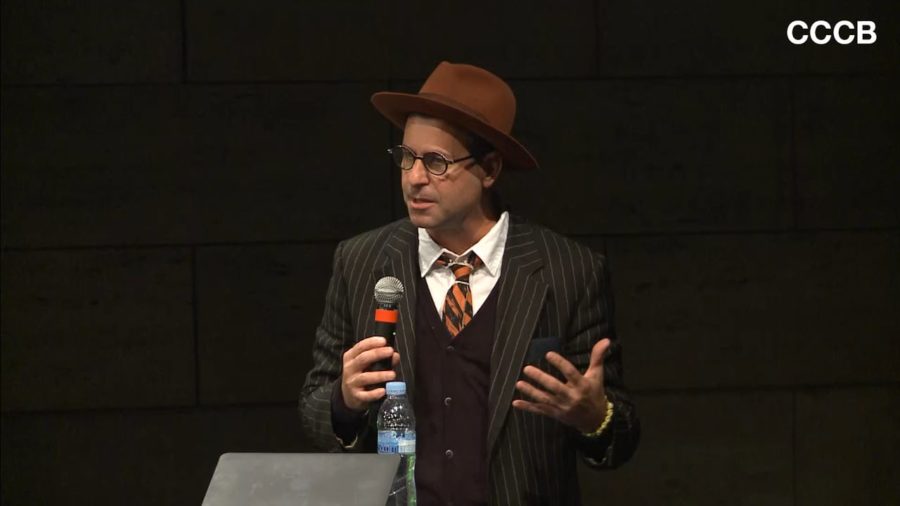The Internet meme framework is a useful way to understand a certain range of object production, a certain sort of informal production that combines networked modes of production similar to shanzhai or the hat printing, with the global reach of the Internet and global shipping services as well. The ability to move bits and atoms with just as much ease and efficiency.
Archive

I think that what I want to say is that the polemics around the discourse of the Web are too binary. I think that one of the problems that we have in theorizing the Web is that we tend to moralize it in binaries. I get it. It’s bad. The Web is bad for you. Or the sort of free culture is always like, “It’s really good. It’s great. Free culture is great.” It’s neither.
We’ve got two paradoxical trends happening at the same time. The first is what I call in my book “the cult of the social,” the idea that on the network, everything has to be social and that the more you reveal about yourself the better off you are. So if your friends could know what your musical taste is, where you live, what you’re wearing, what you’re thinking, that’s a good thing, this cult of sharing. So that’s one thing that’s going on. And the other thing is an increasingly radicalized individualism of contemporary, particularly digital, life. And these things seem to sort of coexist, which is paradoxical and it’s something that I try to make sense of in my book.

